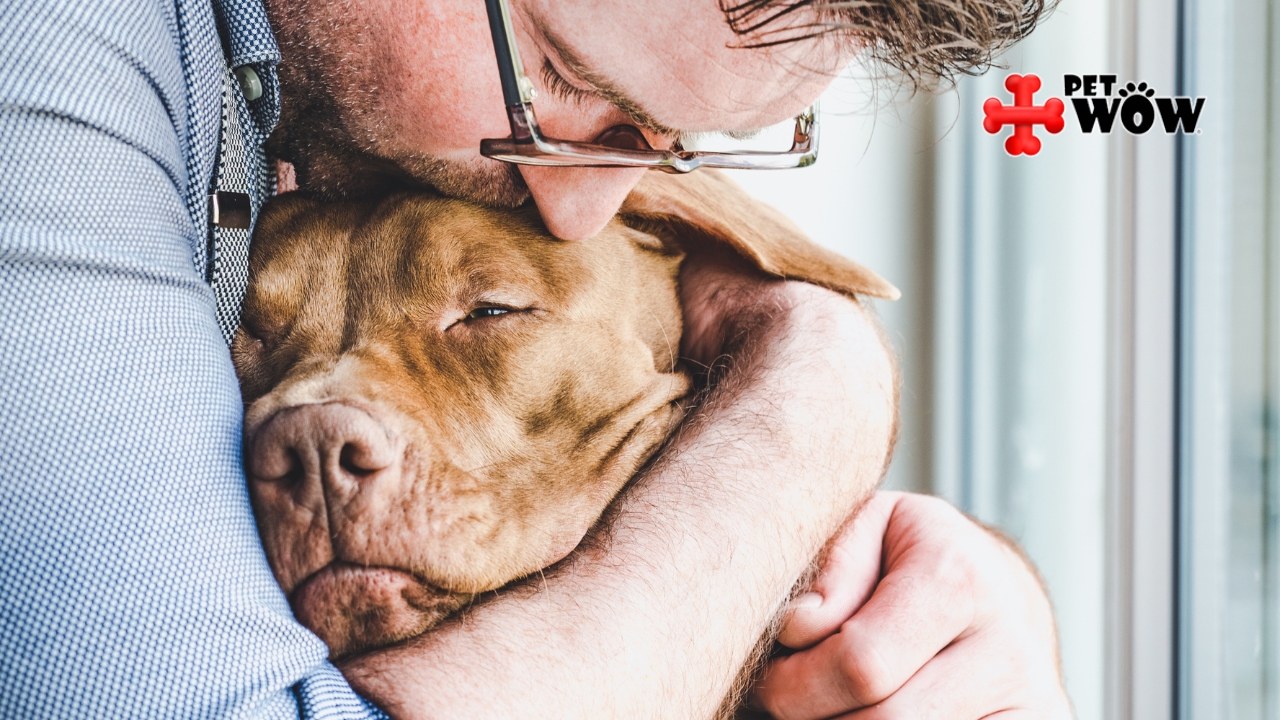Empower Your Wellness Journey
Discover tips and insights for a healthier lifestyle.
Wrinkles and Wagging Tails: Keeping Your Senior Pet Happy and Healthy
Discover expert tips to keep your senior pet wagging their tail and thriving! Unlock the secrets to ensuring their happiness and health today.
Top 10 Tips for Caring for Your Senior Pet: Ensuring Comfort and Joy
Caring for senior pets requires extra attention and love to ensure their comfort and joy during their golden years. As their needs change, it's crucial to adapt your care routine to keep them healthy and happy. Here are top tips to consider:
- Regular Vet Check-ups: Schedule biannual vet visits to monitor health changes and catch any potential issues early.
- Nutrition: Provide a balanced diet formulated for senior pets to support their aging bodies.
- Joint Health: Consider supplements, like glucosamine, and choose comfortable bedding to ease joint pain.
- Exercise: Maintain a gentle exercise routine to keep their weight in check and promote mobility.
Additionally, enriching their environment plays a significant role in enhancing the quality of life for senior pets. Simple changes can make a huge difference:
- Comfortable Living Space: Ensure they have a cozy spot with easy access to their favorite resting place.
- Grooming: Regular grooming can not only keep their coat healthy but also provide bonding time.
- Stay Connected: Spend quality time engaging in light play or just cuddling to strengthen your bond.
- Monitor Behavior: Watch for any changes in behavior or habits that may indicate discomfort or health concerns.

The Best Nutritional Choices for Aging Pets: What You Need to Know
As our beloved pets age, their nutritional needs change, making it essential to adapt their diets accordingly. Older pets often face various health challenges, including joint issues, decreased metabolism, and a weakened immune system. To cater to these changing requirements, consider incorporating high-quality protein sources, such as chicken, fish, and eggs, to support muscle maintenance and overall health. Additionally, providing omega-3 fatty acids from fish oil can help alleviate inflammation and promote joint health, making it easier for them to stay active.
Another vital aspect of nutrition for aging pets is the inclusion of fiber-rich foods. These can aid in digestion and help manage weight, which is crucial as older pets are more prone to obesity. Consider adding ingredients like pumpkin, sweet potatoes, and green beans to their meals. Furthermore, vitamins and minerals tailored for senior pets play a crucial role in maintaining vitality. Look for commercial pet foods specifically formulated for older animals, and always consult your veterinarian to ensure your furry friend receives the best dietary plan for their unique needs.
How to Recognize Signs of Pain in Senior Dogs and Cats: A Guide for Pet Owners
Recognizing the signs of pain in senior dogs and cats is crucial for ensuring their well-being and comfort. As pets age, they may become more prone to conditions such as arthritis, dental disease, or other ailments that can cause discomfort. Common indicators of pain in your furry companions include changes in behavior, such as increased aggression, withdrawal, or restlessness. Additionally, watch for physical signs like limping, difficulty in climbing stairs, or reluctance to engage in activities they once enjoyed.
It's important for pet owners to observe their pets closely, as they often hide pain well. Some pets may exhibit altered eating habits, such as decreased appetite or unusual chewing motions, which could indicate dental pain. Monitoring your pet's grooming habits can also help; excessive licking or scratching in certain areas may be a sign of localized pain. If you notice any of these symptoms, consider consulting your veterinarian for a thorough examination and appropriate treatment options.